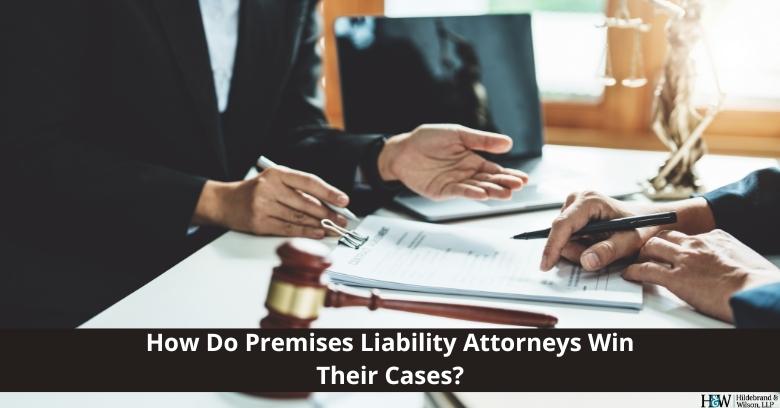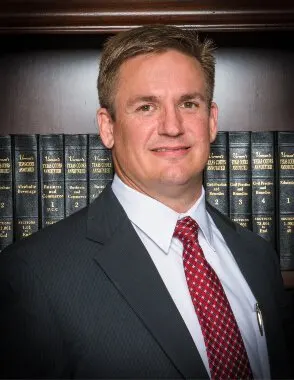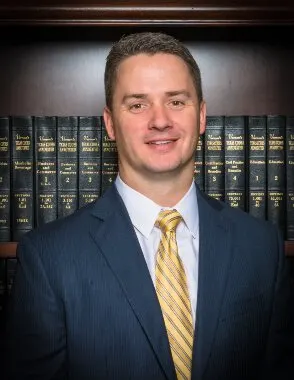
Electronic stability control is newer crash prevention technology being used in many new cars and other vehicles. Accident attorneys are now seeing that this technology has significantly reduced the number of related crashes, which is a benefit to you and every other driver.
Yet as positive as these results appear to be, attorneys still suggest there is one significant complication with electronic stability control when it comes to crash investigation and reconstruction. Although ESC is improving vehicle safety, accident lawyers who research collisions must carefully examine its effect on crash forensics.
Electronic Stability Control Improves Vehicle Safety
Electronic stability control (ESC) is a newer, promising technology that was developed to increase driving safety by reducing vehicle collisions. It is now included as a standard option on many vehicles currently being produced.
ESC is an active vehicle control system that detects if you are about to collide and stops your vehicle before this can happen. According to crash statistics reported by the National Highway Traffic Safety Administration (NHTSA), ESC has reduced the incidence of all crashes by 6%.1
More significantly, ESC has reduced fatal crashes by 18%, and reduced single-vehicle fatal crashes by 49%.1 Given these significant statistics, accident attorneys agree that ESC does improve safety by reducing the incidence of vehicle wrecks.
Accident Reconstruction - A Critical Investigation Tool
When you are involved in a crash, one of the most important resources accident lawyers use to determine what happened and why is accident reconstruction. Using physical, visual, and testimonial evidence, forensics specialists work with lawyers to reconstruct the events that led to the crash in order to determine cause and effect.
Crash reconstruction is done by analyzing collision damage and applying the known principles of physics to recreate a plausible scenario that could have caused the results. Attorneys can then get a clear view of causation on which to base their cases.
Reconstruction Complications with ESC
While electronic stability control can be highly effective in reducing fatalities, accident attorneys are finding one significant problem. Crashes that occur when ESC engaged can display different forensic evidence than with a crash while ESC was not involved.
ESC takes control of a vehicle when it activates, steering and applying brakes as the system determines is necessary. These movements differ greatly from how a driver might react in the same scenario.
Lawyers are finding more cases where reconstruction is especially challenging, as forensics experts must now account for both driver reactions and ESC reactions. As a result, crash reconstruction that answers the questions of who did what to cause a specific event is becoming more difficult.
Although accident attorneys certainly see the benefits of electronic stability control and its positive effect on improving traffic safety, many lawyers are also seeing how it complicates crash investigations. This is quickly becoming a major factor for accident lawyers, as more and more vehicles on the road are those built with ESC included.
Crash reconstruction must now consider the impact ESC may have in an accident and add these effects into the forensics equation. Unfortunately, incorrect interpretation of crash evidence because of ESC may lead to incorrect reconstruction conclusions, making things difficult for all parties involved!
Hildebrand & Wilson, Attorneys at Law
7930 Broadway, Suite 122
Pearland TX 77581





